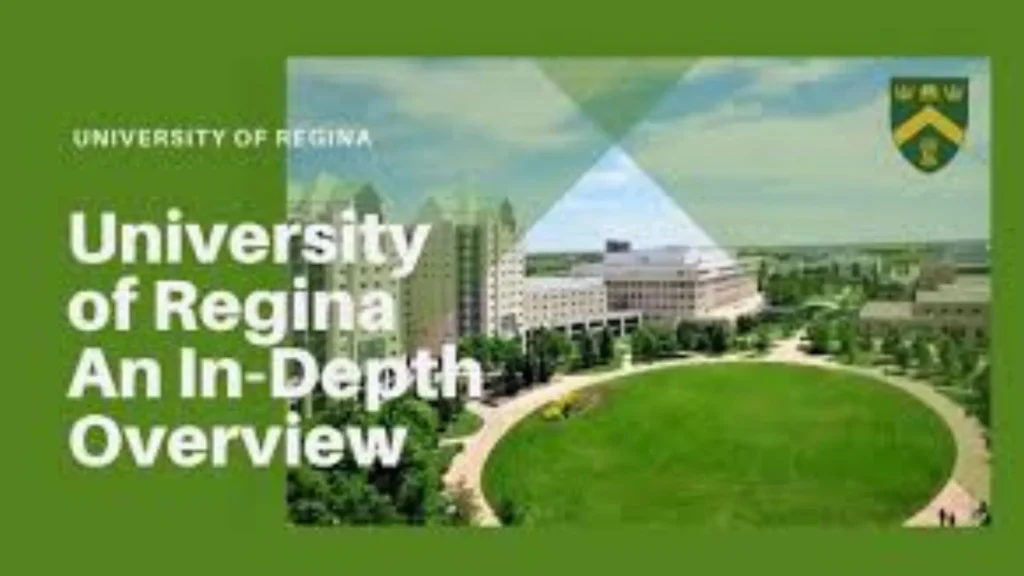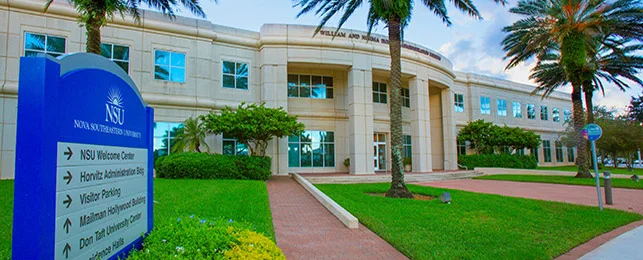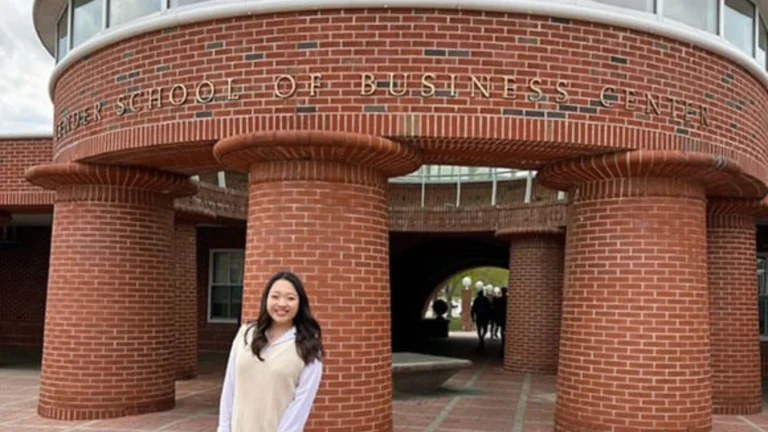Exploring the Rich History and Vibrant Campus of Cornell University
Cornell University, one of the prestigious Ivy League institutions, was founded in 1865 by Ezra Cornell and Andrew Dickson White. The university’s roots can be traced back to the New York State’s Morrill Act of 1862,
which provided federal funds to establish land-grant universities.Exploring the Rich History and Vibrant Campus of Cornell University
Ezra Cornell, a successful businessman and philanthropist,
used his personal wealth to fulfill his vision of creating an institution that would be “an institution where any person can find instruction in any study.”
Andrew Dickson White, a renowned educator and historian,
became Cornell’s first president and played a pivotal role in shaping the university’s academic direction.
Together, Cornell and White envisioned a university that would offer a diverse range of subjects, including the liberal arts, sciences, and technical disciplines. This vision set Cornell apart from the traditional Ivy League universities, which at the time primarily focused on classical education.
The university’s founding was a testament to the power of philanthropy and the commitment to providing accessible higher education. Cornell’s campus, located in Ithaca, New York, was built on a scenic hilltop overlooking Cayuga Lake,
offering breathtaking views and a serene setting for academic pursuits.
The Expansion and Diversification of Academics
In the decades following its establishment, Cornell University continued to expand and diversify its academic offerings. The university’s commitment to inclusivity and interdisciplinary learning grew, attracting students from diverse backgrounds and fields of study.
One of the university’s defining features is its comprehensive range of academic programs. Cornell’s seven undergraduate colleges and schools offer a wide array of majors, from traditional subjects like engineering, agriculture, and the humanities,
to more specialized fields such as hotel administration, industrial and labor relations, and viticulture and enology.
The university’s graduate programs are equally impressive, with prestigious schools of law, medicine, business, and veterinary medicine, among others. Cornell’s reputation for academic excellence has attracted some of the brightest minds in the world,
and its faculty members are renowned for their research and contributions to their respective fields.
The university’s commitment to innovation and entrepreneurship is also noteworthy. Cornell has fostered a culture of innovation, with numerous research centers and initiatives aimed at fostering collaboration and the commercialization of new technologies.
This has led to the creation of numerous start-ups and spin-off companies, further solidifying Cornell’s reputation as a hub for innovation and entrepreneurship.
Campus Life and Student Experiences
The university’s picturesque Ithaca campus,
nestled in the Finger Lakes region of New York, provides a stunning backdrop for student activities and exploration.
The campus is home to numerous iconic landmarks, such as the Cornell Clock Tower, a symbol of the university’s history and tradition,
and the picturesque Suspension Bridge, which offers breathtaking views of the gorges and waterfalls that traverse the campus.
Student life at Cornell is rich and multifaceted,
with a wide range of extracurricular activities, clubs, and organizations catering to various interests and passions. From the arts and performing arts to sports and community service, there is something for everyone at Cornell. The university’s student-run organizations, such as the Cornell University Programming Board and the Student Assembly,
play a vital role in shaping the campus culture and enhancing the overall student experience.
Cornell’s campus also boasts impressive athletic facilities, including the iconic Schoellkopf Field, home to the university’s football team,
and the Friedman Wrestling Center, a state-of-the-art facility that has produced numerous NCAA champions. The university’s student-athletes have a long and storied tradition of excellence, with numerous national championships and individual accolades.
The Residential Experience and Student Support
Integral to the Cornell experience is the university’s robust residential life program. The university’s residential halls, which house the majority of its undergraduate students,
are designed to foster a sense of community and provide a supportive living environment.
Each residential hall has its own unique character and traditions, allowing students to connect with their peers and build lasting friendships.
The university also offers a range of living-learning communities,
where students with shared academic or personal interests can live and learn together.
To further support its students, Cornell University has developed a comprehensive system of academic and personal counseling services. The university’s Office of Academic and Student Affairs, as well as its various school-based advising centers,
provide students with guidance on course selection, academic planning, and personal development.
Additionally, Cornell’s robust mental health and wellness services, including counseling and psychological services, student health services,
and fitness and recreation facilities, are designed to support the overall well-being of its student body.
The Global Reach and Impact of Cornell
Cornell University’s influence and impact extend far beyond its Ithaca campus. As a leading research institution, the university has established a global reputation for its groundbreaking discoveries and pioneering work in a wide range of academic and scientific fields.Exploring the Rich History and Vibrant Campus of Cornell University
The university’s faculty members are recognized as leaders in their respective disciplines, with many receiving prestigious awards and accolades, such as Nobel Prizes,
Pulitzer Prizes, and National Medals of Science.
Cornell’s research endeavors span a diverse array of areas, from the life sciences and engineering to the social sciences and humanities, making the university a hub for knowledge creation and innovation.
The university has established a presence in locations such as Qatar,
China, and Israel, allowing its faculty and students to engage in cross-cultural collaborations and research initiatives that have a far-reaching impact.
Moreover, Cornell’s alumni network is truly global,
with graduates holding leadership positions in a wide range of industries, from business and government to academia and the arts. These alumni serve as ambassadors for the university, furthering its reputation and influence around the world.
Diversity, Equity, and Inclusion at Cornell
The university has made a concerted effort to foster a campus environment that celebrates the diversity of its students, faculty, and staff,
and provides equal opportunities for all.
Cornell’s commitment to diversity is reflected in its admissions practices,
which aim to attract and admit students from a wide range of backgrounds, including underrepresented minorities, first-generation college students, and international students.
The university’s financial aid programs also play a crucial role in ensuring that a Cornell education is accessible to students from all socioeconomic backgrounds.
In addition to its admissions and financial aid initiatives,
Cornell has established a range of programs and initiatives to support the success and well-being of its diverse community members.
These include the Office of Diversity and Inclusion, which coordinates diversity-related programs and initiatives across the university, and the Cornell University Diversity Council,
which provides strategic guidance on diversity and inclusion efforts.
Furthermore, Cornell’s faculty and staff reflect the university’s commitment to diversity,
with a significant representation of women and underrepresented minorities in leadership positions and across academic disciplines. The university also actively supports the professional development and career advancement of its diverse employees.Exploring the Rich History and Vibrant Campus of Cornell University

The Future of Cornell University
One of the key priorities for the university is to further strengthen its research capabilities and deepen its engagement with the pressing challenges facing the world.
Cornell is investing in cutting-edge research facilities,
such as the Cornell Tech campus in New York City,
This includes exploring new interdisciplinary programs, expanding online and hybrid learning opportunities,
and fostering more robust connections between the classroom and real-world problem-solving.
Sustainability and environmental stewardship are also high on Cornell’s agenda. The university has set ambitious goals to reduce its carbon footprint and become a leader in sustainable practices,
both in its campus operations and in its academic and research initiatives.
As Cornell University continues to evolve, it remains steadfast in its commitment to diversity, equity, and inclusion. The university is actively working to create a more inclusive and welcoming campus community, where students, faculty,
and staff from all backgrounds can thrive and reach their full potential.Exploring the Rich History and Vibrant Campus of Cornell University
Conclusion
Cornell University’s rich history, diverse academic offerings, vibrant campus life, and global impact make it a truly unique and remarkable institution.
From its founding as a land-grant university with a vision of accessibility and inclusivity to its current status as a premier Ivy League institution,
Cornell has consistently pushed the boundaries of higher education.
The university’s commitment to innovation, research,
and interdisciplinary learning has positioned it as a leading hub for knowledge creation and problem-solving. Its diverse student body, talented faculty, and supportive campus environment contribute to a dynamic and enriching educational experience.
As Cornell University looks towards the future, it remains steadfast in its pursuit of excellence, innovation, and social impact. With a strong








Your point of view caught my eye and was very interesting. Thanks. I have a question for you.
Your point of view caught my eye and was very interesting. Thanks. I have a question for you.